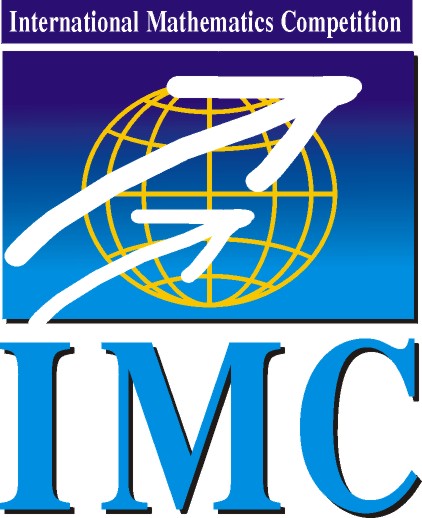
|
International Mathematics Competition
|
IMC 2026 |
| Information | Results | Problems & Solutions | Photos |
IMC2018: Day 1, Problem 4
Problem 4. Find all differentiable functions \(\displaystyle f:(0,\infty)\to\RR\) such that
\(\displaystyle f(b)-f(a)=(b-a)f'\left(\sqrt{ab}\right) \quad \text{for all} \quad a,b>0. \tag2 \)
(Proposed by Orif Ibrogimov, National University of Uzbekistan)
Solution. First we show that \(\displaystyle f\) is infinitely many times differentiable. By substituting \(\displaystyle a=\frac12t\) and \(\displaystyle b=2t\) in (2),
\(\displaystyle f'(t) = \frac{f(2t)-f(\tfrac12t)}{\tfrac32t}. \tag{3} \)
Inductively, if \(\displaystyle f\) is \(\displaystyle k\) times differentiable then the right-hand side of (3) is \(\displaystyle k\) times differentiable, so the \(\displaystyle f'(t)\) on the left-hand-side is \(\displaystyle k\) times differentiable as well; hence \(\displaystyle f\) is \(\displaystyle k+1\) times differentiable.
Now substitute \(\displaystyle b=e^ht\) and \(\displaystyle a=e^{-h}t\) in (2), differentiate three times with respect to \(\displaystyle h\) then take limits with \(\displaystyle h\to0\):
\(\displaystyle f(e^ht)-f(e^{-h}t) - (e^ht-e^{-h}t)f(t) = 0 \)
\(\displaystyle \left(\frac\partial{\partial h}\right)^3\Big( f(e^ht)-f(e^{-h}t) - (e^ht-e^{-h}t)f(t) \Big) = 0 \)
\(\displaystyle e^{3h}t^3f'''(e^ht)+3e^{2h}t^2f''(e^ht)+e^{h}tf'(e^ht)+ e^{-3h}t^3f'''(e^{-h}t)+3e^{-2h}t^2f''(e^{-h}t)+e^{-h}tf'(e^{-h}t) - \qquad\qquad\qquad \)
\(\displaystyle \qquad\qquad\qquad\qquad - (e^ht+e^{-h}t)f'(t) = 0 \)
\(\displaystyle 2t^3f'''(t) + 6t^2f''(t) = 0 \)
\(\displaystyle tf'''(t)+3f''(t) = 0 \)
\(\displaystyle (t\,f(t))''' = 0. \)
Consequently, \(\displaystyle tf(t)\) is an at most quadratic polynomial of \(\displaystyle t\), and therefore
\(\displaystyle f(t) = C_1t+\frac{C_2}{t}+C_3 \tag{4} \)
with some constants \(\displaystyle C_1\), \(\displaystyle C_2\) and \(\displaystyle C_3\).
It is easy to verify that all functions of the form (4) satisfy the equation (1).
© IMC